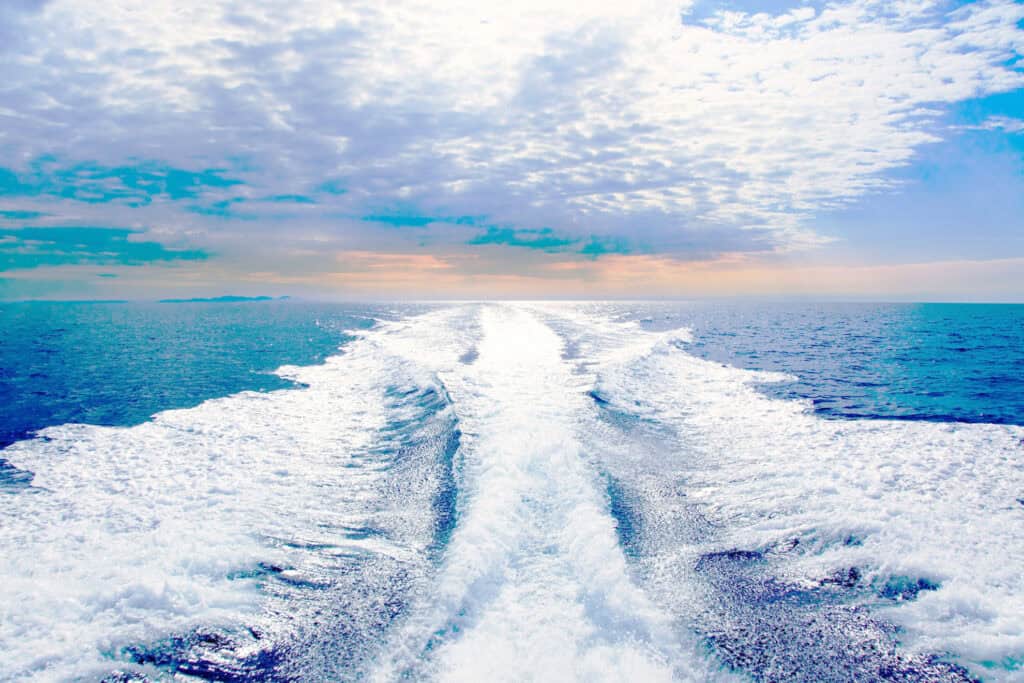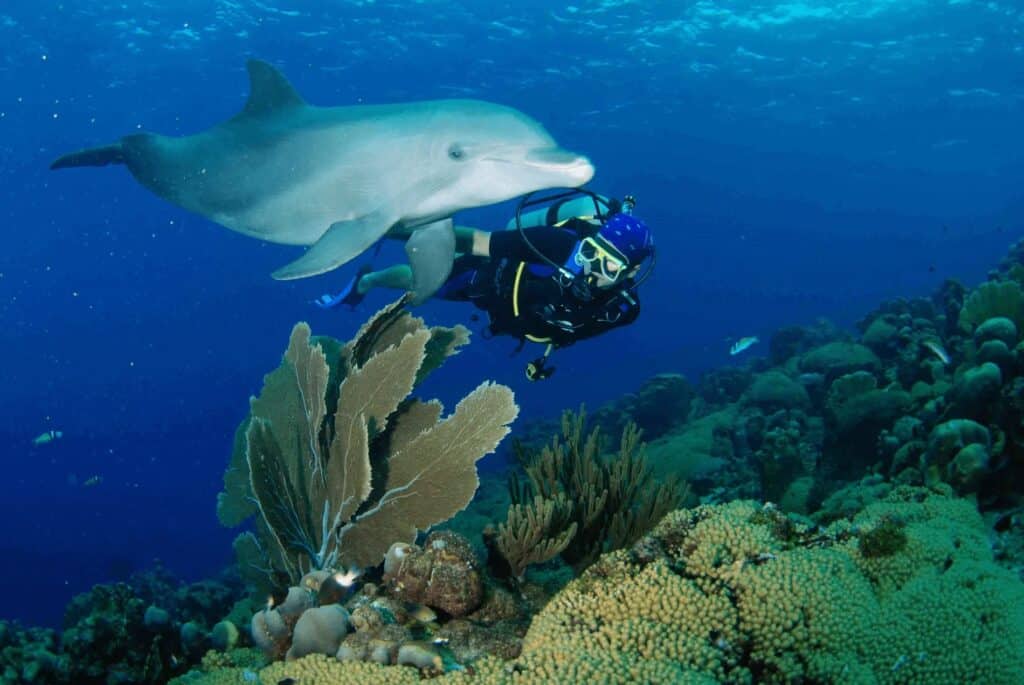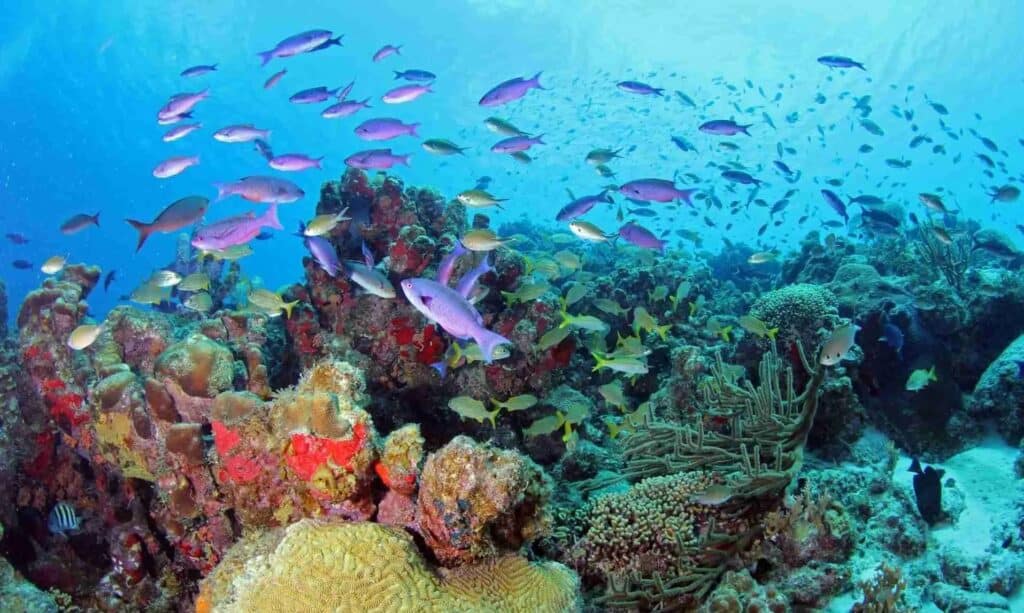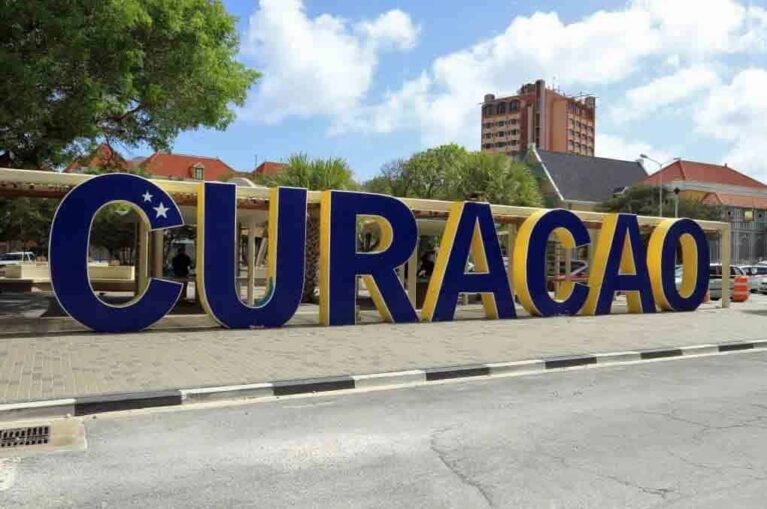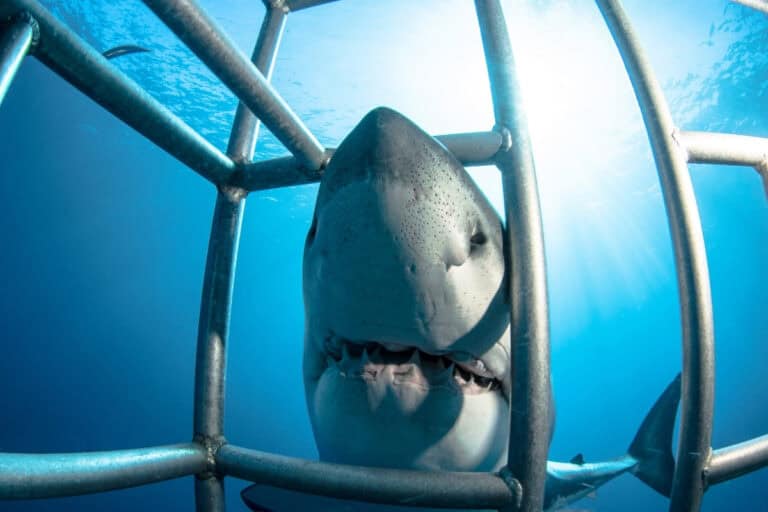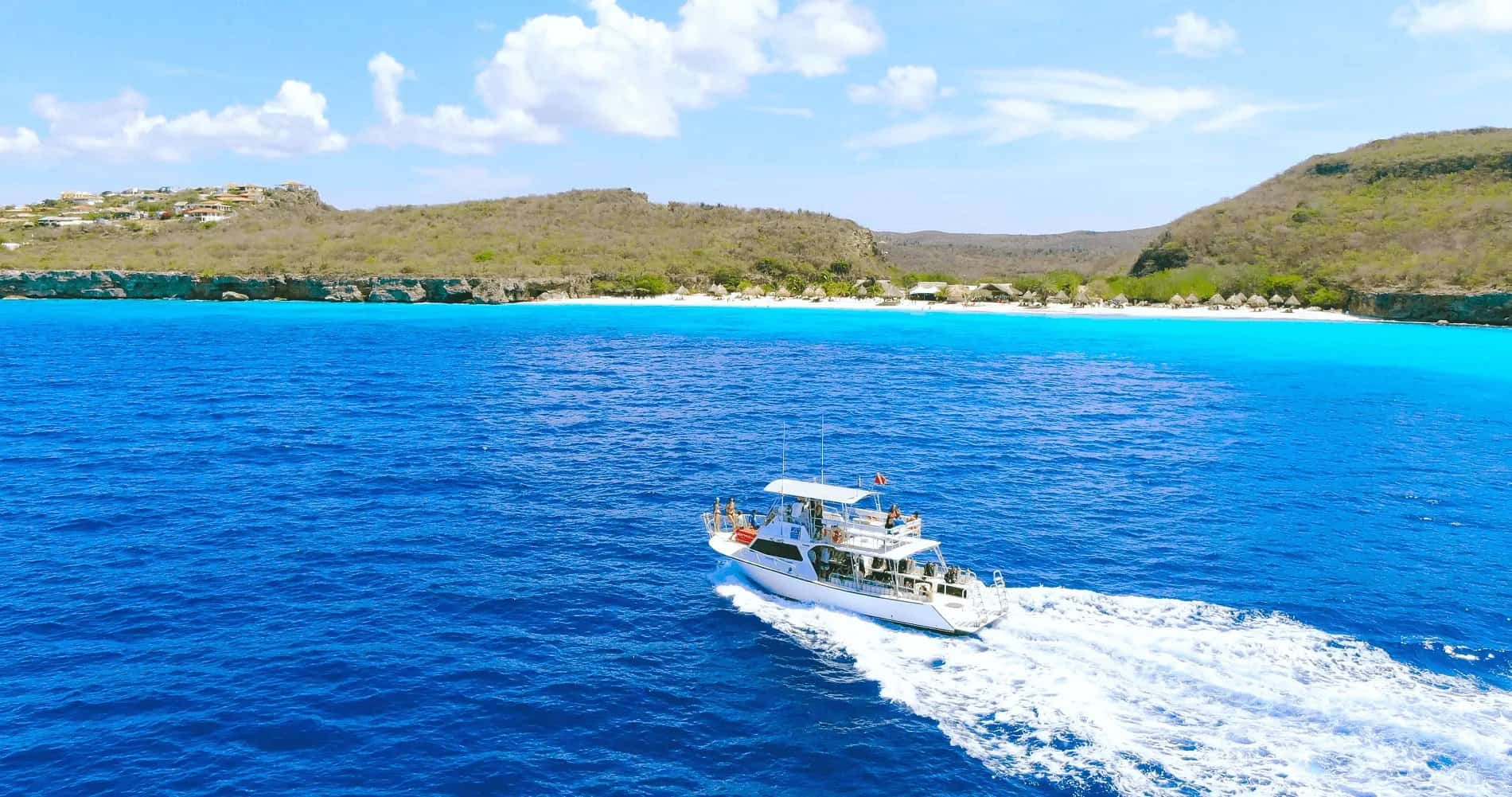
Is Curaçao high risk?
Is Curaçao high risk?
Are you wondering whether Curaçao poses significant dangers to visitors planning a Caribbean getaway?
What you need to know about traveling safely
Curaçao is generally considered a low to moderate risk level destination within the Dutch Caribbean. As part of the Kingdom of the Netherlands, the island maintains stable governance and a well-developed infrastructure. Most travelers experience safe, enjoyable visits when following standard precautions. The island does not face significant concerns regarding malaria risk or yellow fever, making it healthier than many tropical destinations. You should maintain routine vaccinations and consider protection against Dengue fever, which occasionally appears during rainy seasons.
The primary concerns involve petty crime and petty theft in tourist areas, particularly around Willemstad and popular beaches. You can minimize risks by avoiding isolated areas after dark, securing valuables, and using licensed transportation. Natural disasters rarely impact Curaçao since the island sits outside the primary hurricane belt in the Caribbean Sea. The healthcare infrastructure is modern and reliable, though you should secure travel insurance before arrival to cover potential medical expenses.
Water sports like scuba diving and jet skiing operate with professional safety standards, and coral reefs are well-protected. Following local law, respecting environmental guidelines, and choosing reputable operators ensure you’ll enjoy crystal-clear waters without unnecessary risks.

Luxury car rentals in Curaçao
Experience transparent pricing and exceptional service with Rent Car Curaçao. Choose from luxury vehicles elevate your Curaçao adventure.
Health precautions and medical considerations before your trip
Understanding health requirements and disease prevention helps you prepare properly for your Curaçao vacation. The island maintains excellent healthcare standards, but knowing what to expect ensures peace of mind throughout your stay.
Vaccinations and disease prevention measures
You do not need a yellow fever vaccination certificate unless arriving from countries with active disease outbreak areas. The World Health Organization confirms Curaçao has no endemic yellow fever transmission. Standard vaccine-preventable diseases protection remains important, so verify your routine immunizations are current before departure. Dengue fever occurs occasionally during rainy months, so use insect repellent and wear protective clothing in forested areas. Unlike many Caribbean destinations, Curaçao presents minimal malaria risk, eliminating the need for antimalarial medications.
COVID-19 entry requirements and testing protocols
Entry regulations evolved significantly since the COVID-19 pandemic began, with most restrictions now lifted. You no longer need to present an antigen test or PCR test for arrival, though airlines may still require documentation for connecting flights. The mask mandate has been removed from public spaces and transportation. Monitor Travel Health Notices from health care providers before booking, as infection rates and policies may change. Complete your Digital Immigration Card and Embarkation and Disembarkation Card online through the Airside App or Passenger Locator Form system for faster airport processing.
Common traveler health concerns
The most frequent ailment affecting visitors is Travelers’ Diarrhea, typically caused by changes in diet and water sources. Follow basic food safety measures by choosing established restaurants and avoiding street vendors unless highly recommended. Drink bottled water in remote areas, though tap water in hotels and resorts meets Dutch law safety standards. Sun exposure poses significant risk in tropical climates, so apply reef-friendly sunscreen frequently when enjoying beach activities. Consult the Robert Koch Institute or similar authorities for updated health risk information specific to your nationality and medical history.
Medical facilities and insurance requirements
Curaçao’s healthcare infrastructure provides modern treatment options, with the main hospital offering emergency services and specialist care. Pharmacies stock common medications, though you should bring prescription drugs with proper documentation. Purchase comprehensive travel insurance and medical insurance covering emergency evacuation, as travel expenses for medical repatriation can exceed tens of thousands of dollars. Contact the Royal Netherlands Embassy if you need assistance locating English-speaking health care providers or require the Emergency After-Hours Telephone number for urgent situations.
Safety guidelines for water activities
When participating in scuba diving, jet skiing, or other water sports, choose operators who maintain proper safety equipment and insurance coverage. The island’s crystal-clear waters and protected coral reefs attract millions of visitors annually, making professional guidance essential for beginners. Reputable dive shops like those featured through Dive Travel Curaçao follow international safety protocols. Watch for marine life such as jellyfish during certain seasons, and avoid touching wild animals or coral formations. Check the weather forecast before boat trips to Klein Curacao, as rough seas occasionally force cancellations. Always inform operators of medical conditions that might affect participation in activities.
Is Curaçao high risk? - FAQ
What transportation options connect visitors between resorts and activity sites?
The island’s public transportation system offers basic connectivity, though most tourists prefer private options for convenience. Licensed taxi services maintain fixed rates from hotels to popular destinations, while many tour operators include pickup in their packages. Bicycle rentals provide eco-friendly exploration for coastal routes and downtown areas. Services like those at MERAKII Seaview Beach resort and Avila Beach Hotel arrange private transfers. For dining excursions to locations like Pasawa Box Eatery, confirm whether your accommodation offers shuttle services or whether you’ll need alternative arrangements for evening returns.
Which areas of Curaçao require extra security awareness?
While violent crime remains rare, petty theft occurs in tourist-dense zones and beach parking areas. Avoid displaying valuables near Klein Curacao embarkation points where unattended vehicles attract opportunistic thieves. Downtown Willemstad’s historic districts are generally safe during daylight, but consult your hotel’s private security staff about neighborhoods to avoid after dark. The ABC islands collectively maintain lower crime rates than many Caribbean destinations. Store passports and extra cash in hotel safes, carry only necessary items during excursions, and use hotel-recommended taxi services rather than unmarked vehicles to minimize exposure to theft.
What planning resources help organize activities before arrival?
Modern trip-planning tools streamline pre-arrival research and bookings. The Airalo eSIMs service provides instant local data connectivity upon landing, eliminating roaming charges while accessing maps and confirmation details. Shoreland Travax offers comprehensive health advisories and vaccination requirements specific to your departure country. Road signs throughout the island follow international standards with Dutch and Papiamento text. Request a map-based format guide from tourism offices showing activity locations relative to your accommodation. Many visitors appreciate the decision-support tool features on booking platforms that filter options by interests, budget, and proximity to their resort.
How does Curaçao's colonial heritage influence modern tourist experiences?
The island’s Dutch colonial architecture creates distinctive visual character throughout Willemstad’s waterfront districts, recognized as UNESCO World Heritage sites. Colorful gabled buildings house restaurants, shops, and cultural centers where visitors experience European-Caribbean fusion. Historic Dutch law foundations still govern property and business regulations, contributing to the island’s stability. Many tour operators incorporate architectural walks explaining how trade routes shaped local development. The Kingdom of the Netherlands political relationship ensures modern infrastructure standards while preserving historical aesthetics. Photography enthusiasts particularly value sunset hours when pastel facades glow against Caribbean skies, creating iconic images that define Curaçao’s tourism identity.
What connectivity solutions work best for staying in touch during your visit?
International mobile service can generate excessive charges, making local alternatives essential. Airalo eSIMs provide immediate data access without physical SIM card exchanges, supporting navigation apps and activity confirmations. Most hotels and restaurants offer complimentary Wi-Fi, though connection quality varies in remote areas. The Airside App handles immigration paperwork digitally, reducing airport processing time. Download offline maps and activity vouchers before visiting locations with limited coverage. Purchase local data plans at the airport or downtown shops if your phone supports standard SIM cards. Maintain copies of important documents, including your residence permit if staying extended periods, both digitally and physically for backup access.
What administrative requirements apply to extended stays?
Tourist visits under 90 days typically require only valid passports for most nationalities within the Kingdom of the Netherlands visa-waiver programs. Extended stays or work arrangements necessitate a residence permit application through immigration authorities. Students attending local institutions need a student visa processed before arrival, including enrollment confirmation and financial capability documentation. Complete the mandatory Digital Immigration Card before landing to expedite customs clearance. The Embarkation and Disembarkation Card tracks entry and exit dates for legal compliance. Contact the Royal Netherlands Embassy in your home country for specific requirements based on nationality and intended stay duration, as regulations differ significantly between tourism and residency purposes.
Are there medical restrictions visitors should know about before booking?
Curaçao maintains minimal health-based entry restrictions compared to many destinations. HIV/AIDS Restrictions do not apply for tourism or short-term visits, unlike some Caribbean nations with outdated policies. The island reports no cases of XDR Typhoid Fever or Rocky Mountain Spotted Fever, eliminating concerns about antibiotic-resistant infections common elsewhere. Public health monitoring systems track potential outbreaks, with information available through health ministry websites. Travelers with chronic conditions should pack sufficient medications as specialty pharmaceuticals may require time to source locally. Consult travel health counseling services at least six weeks before departure to address individual medical needs and verify whether your conditions affect activity participation like diving or strenuous hiking.
What environmental awareness practices should visitors follow?
Protecting fragile ecosystems ensures sustainable tourism for future generations. Use only reef-friendly sunscreen when swimming near coral reefs, as chemical filters damage marine ecosystems. Dive shops and snorkel rental facilities sell approved products meeting environmental standards. Avoid touching marine life or disturbing underwater formations during water activities. Wild animals including iguanas and birds should never be fed, as human food disrupts natural behaviors and health. Monitor the weather forecast before booking boat trips to Klein Curacao, as cancellations protect both tourists and equipment from dangerous conditions. Report any infrastructure damage or environmental events affecting trails or beaches to park authorities or your tour operator immediately.
Which unique dining experiences showcase local culture?
Beyond standard restaurants, specialized venues offer immersive culinary adventures. Pasawa Box Eatery serves authentic local dishes in casual settings popular with residents, providing genuine taste experiences away from tourist-focused menus. The Avila Beach Hotel hosts beachfront dining with fresh seafood and Caribbean specialties in historic surroundings. MERAKII Seaview Beach resort combines international cuisine with stunning ocean vistas and sunset timing. Downtown Willemstad’s floating market features Venezuelan vendors selling fresh produce and traditional foods directly from boats. Many establishments incorporate Dutch colonial settings within restored historical buildings, blending architectural heritage with contemporary culinary innovation, creating memorable dining occasions that satisfy both appetite and cultural curiosity.
What emergency contact information should travelers keep accessible?
Maintain essential contacts digitally and in written form throughout your stay. The Emergency After-Hours Telephone number for the Royal Netherlands Embassy provides 24/7 assistance for citizens facing serious issues including lost passports or legal emergencies. Program local emergency services (911 for police, fire, ambulance) into your phone upon arrival. Save your hotel’s main number and private security contact if applicable. Keep travel insurance policy numbers and international assistance hotlines readily available. Note that public health emergencies connect through hospital switchboards rather than dedicated hotlines. Screenshot or photograph important documents including your Digital Immigration Card confirmation and accommodation addresses in case phone access becomes limited during unexpected situations requiring rapid response.
Discover the Wonders
of Klein Curaçao
Experience the untouched beauty of Klein Curaçao, a hidden paradise with stunning beaches and rich marine life. Perfect for snorkeling, diving, or simply relaxing in the sun.
Popular subjects
Luxury car rentals in Curaçao
Experience transparent pricing and exceptional service with Rent Car Curaçao. Choose from luxury vehicles elevate your Curaçao adventure.
Subscribe to our newletter
Discover the Wonders of Klein Curaçao
Experience the untouched beauty of Klein Curaçao, a hidden paradise with stunning beaches and rich marine life. Perfect for snorkeling, diving, or simply relaxing in the sun.

